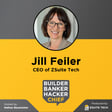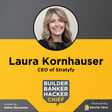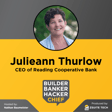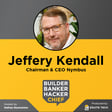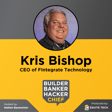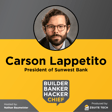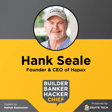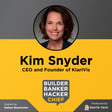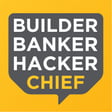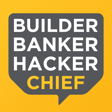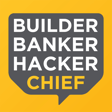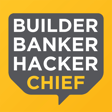
Craig Montanaro – Mowing lawns, confronting your parents, and building a team that gets things done | Episode 14
Welcome to episode fourteen of Builder, Banker, Hacker, Chief! Joining me today is Craig Montanaro, President and CEO of Kearny Bank.
On this show, I’m unpacking the stories, decisions, and influences that make people successful leaders. Craig got an early start in banking, like at age five or six. Since then, he’s reached the top and brought a lot of people with him.
My name is Nathan Baumeister; I am the Co-founder and CEO of ZSuite Tech and the host of this podcast.
Having your father as a boss at your day job isn’t a guarantee of a long and happy career. Craig even got confrontational when he felt that his upward journey at the bank wasn’t happening fast enough. Thankfully, a trusted mentor stepped in and helped Craig reevaluate the situation.
Eventually, Craig moved into the Chief Operating Officer role and helped facilitate a merger with a much larger bank. And when the CEO of the larger bank was ready to retire, it was finally Craig’s chance to lead the organization.
Craig knows the business of banking inside and out. He’s got technical prowess and leadership experience. And he’s committed to empowering his team and letting them take chances and make mistakes.
As a family man and avid golfer, Craig Montanaro exudes the wisdom of a man who has been humbled by life and loves helping others succeed. Kearny Bank is big bank that has performed a miracle – it still feels like a small, community bank with a focus on personal relationships. This combination is a credit to Craig’s leadership and a testament to where Kearny is headed.
Resources:
Craig’s recommendations:
Book: The Match: The Day the Game of Golf Changed Forever
Book: My Life
Connect:
